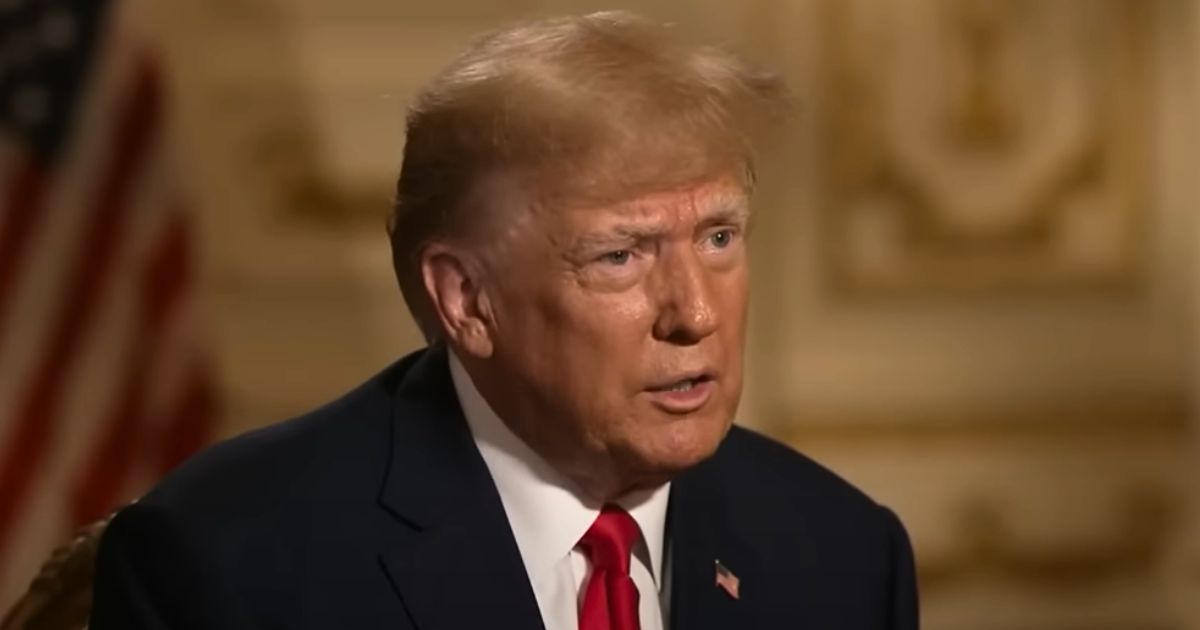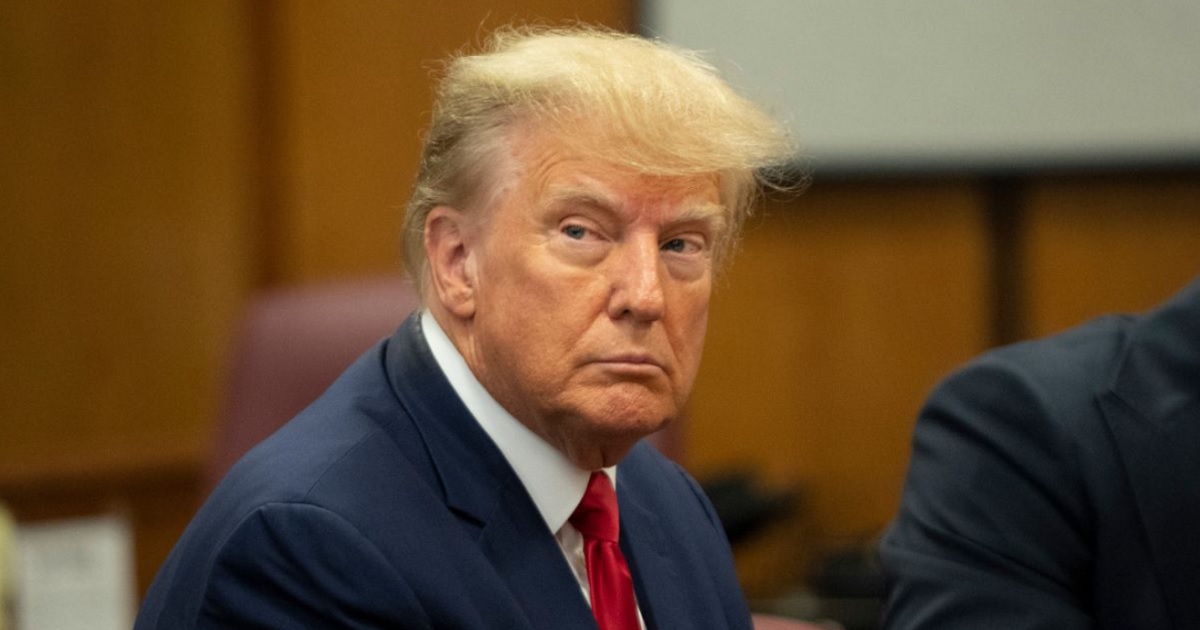Trump set to veto tariff control bill
Senate legislation seeking to curb President Donald Trump's power to impose tariffs has sparked a heated confrontation between the White House and Congress.
According to Newsmax, Trump has indicated he would veto a bipartisan Senate bill aimed at limiting his authority to unilaterally implement tariffs if it reaches his desk.
The proposed legislation, known as S. 1272, would require presidential notification to Congress within 48 hours of imposing tariffs and mandate congressional approval within 60 days.
This measure represents a significant attempt by lawmakers to establish oversight on presidential trade powers. The bill has already garnered support from seven Republican senators, highlighting growing concerns about executive authority in trade policy.
Bipartisan Support Emerges for Trade Authority Reform
Sen. Maria Cantwell, D-Wash., and Sen. Chuck Grassley, R-Iowa, have emerged as key figures backing the legislation. Their collaboration demonstrates the cross-party nature of concerns regarding presidential trade powers.
The initiative has gained unexpected momentum in its initial phase, suggesting broader congressional appetite for trade policy reform.
Rep. Don Bacon, R-Neb., has announced plans to introduce a companion measure in the House, expanding the legislative effort across both chambers. This coordinated approach indicates growing determination among lawmakers to address trade authority concerns.
Legislative supporters believe mounting economic pressures could eventually force a serious consideration of the proposals.
Sen. Cantwell, speaking on CBS' "Face the Nation," expressed her perspective on the growing support for the measure:
You don't get a first introduction and get so many people on board, but I think it shows the anxiety that people have. I'm sure if they listen to their constituents, consumer challenges are already starting to surface, and certainly the stock market's impact on retirement income is shaking a lot of people. So I'm sure my colleagues will hear from them.
White House Position Strengthens Against Congressional Oversight
The White House has taken a firm stance against the proposed legislation through a strongly worded statement of administration policy. Administration officials argue the bill would severely restrict presidential authority in crucial policy areas. Trump's response reflects his broader resistance to congressional attempts to limit executive power in trade matters.
House Speaker Mike Johnson, R-La., and Senate Majority Leader John Thune, R-S.D., have aligned themselves with the White House position. Their support significantly reduces the likelihood of the legislation advancing in either chamber.
The administration's opposition centers on maintaining presidential flexibility in trade negotiations and national security matters.
The White House has outlined its position in clear terms:
If passed, this bill would dangerously hamper the President's authority and duty to determine our foreign policy and protect our national security. If S. 1272 were presented to the President, he would veto the bill.
Legislative Path Forward Faces Multiple Hurdles
Congressional dynamics present significant challenges for the bill's progression. The requirement for a veto-proof majority in both chambers appears particularly daunting given current political alignments. Leadership opposition in both houses creates additional obstacles for the legislation's advancement.
Market volatility and economic indicators could influence the bill's future prospects. Rep. Bacon suggested that shifts in economic conditions might increase pressure for congressional action. Changes in inflation rates or employment figures could potentially alter the political calculus for lawmakers currently opposing the measure.
Ongoing discussions about the legislation's timing and strategy continue among supporters. They acknowledge the current challenges while maintaining optimism about long-term prospects for reform. Strategic considerations include building broader coalitions and responding to evolving economic conditions.
Congressional Trade Authority Bill Summary
A bipartisan Senate initiative seeking to limit presidential tariff powers has encountered strong opposition from President Trump and key congressional leaders. The legislation would establish a framework requiring congressional approval for tariff implementations within specific timeframes.
The measure reflects growing congressional concern about unilateral trade actions and their economic impacts. Despite current obstacles, supporters maintain that changing economic conditions could eventually generate sufficient support for meaningful trade authority reform.





